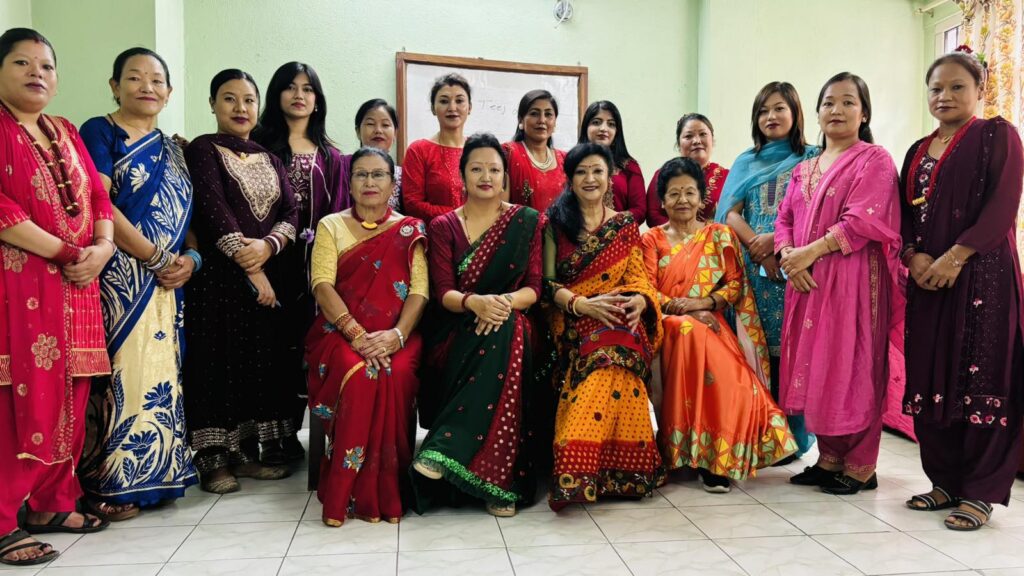The Importance of Women's Health and Self-Care During Teej Festival: Balancing Tradition and Well-being
Teej is a cherished festival celebrated by women, particularly in Nepal. While the rituals and fasting are symbolic of devotion and strength, it is essential to prioritize women's health during Teej festival. By finding a balance between tradition and self-care, women can celebrate meaningfully without compromising their well-being.
The Impact of Fasting on Women's Health During Teej, many women observe a strict fast, often going without food and water for extended hours. This can lead to dehydration, dizziness and fatigue especially for those with underlying health conditions. Maintaining women's health during Teej festival is crucial to avoid these risks.
Healthy Fasting Tips
- Stay Hydrated: While fasting, consider a lighter approach where sipping water is allowed. Hydration is key to preventing health complications.
- Balanced Pre-Fasting Meals: Eating nutrient-rich foods before the fast, such as fruits, vegetables and whole grains can help sustain energy levels throughout the day.
- Listen to Your Body: It’s important to understand your body's limits. If fasting becomes too difficult, it’s okay to adjust or break the fast for health reasons.
Mental and Emotional Well-being In addition to physical health, Teej can be an emotionally intense time. Reflecting on personal well-being and managing stress can help women stay mentally strong during the festivities. Activities like yoga, meditation or even socializing with loved ones can uplift the spirit.
Balancing tradition with well-being allows women to honor the customs of Teej while taking care of themselves. By prioritizing health, they can enjoy the festival fully and continue to uphold the cultural values it represents.

